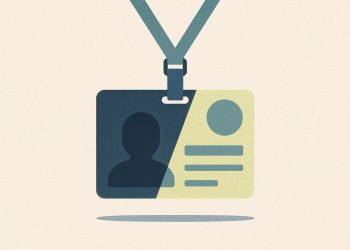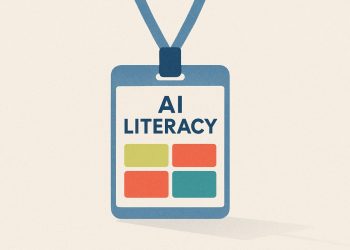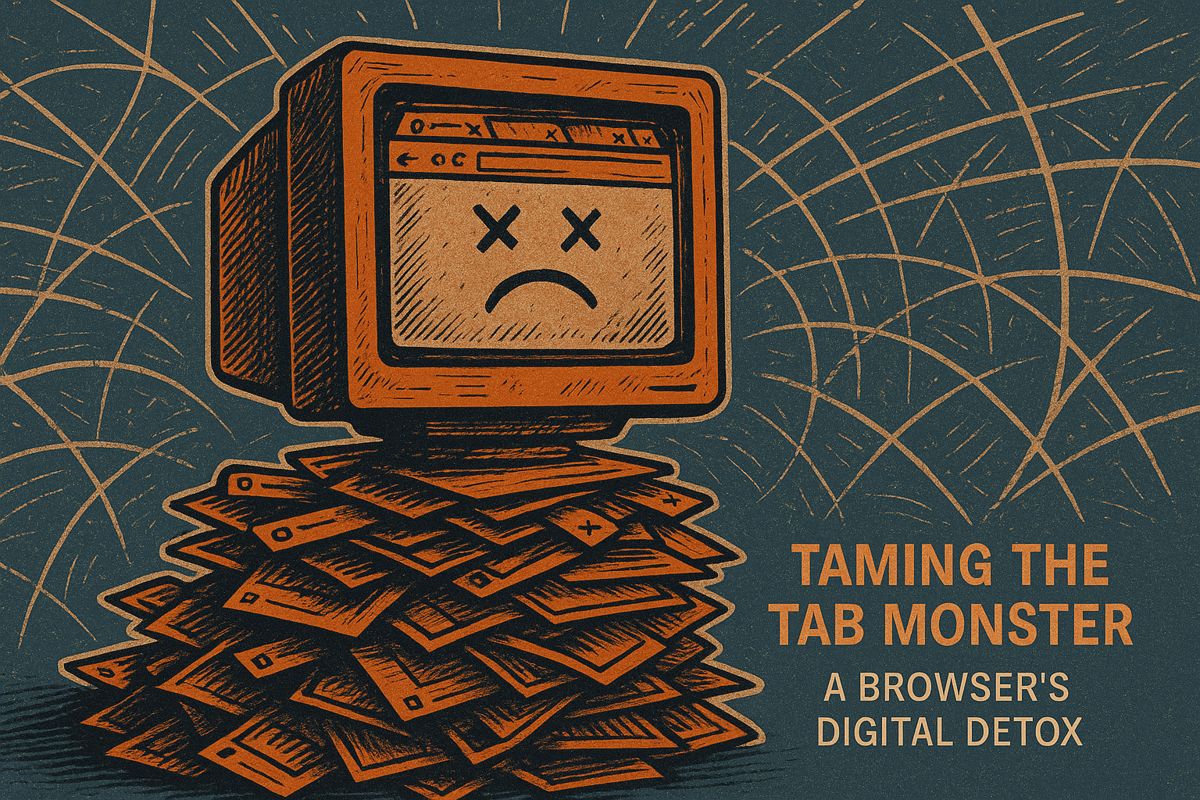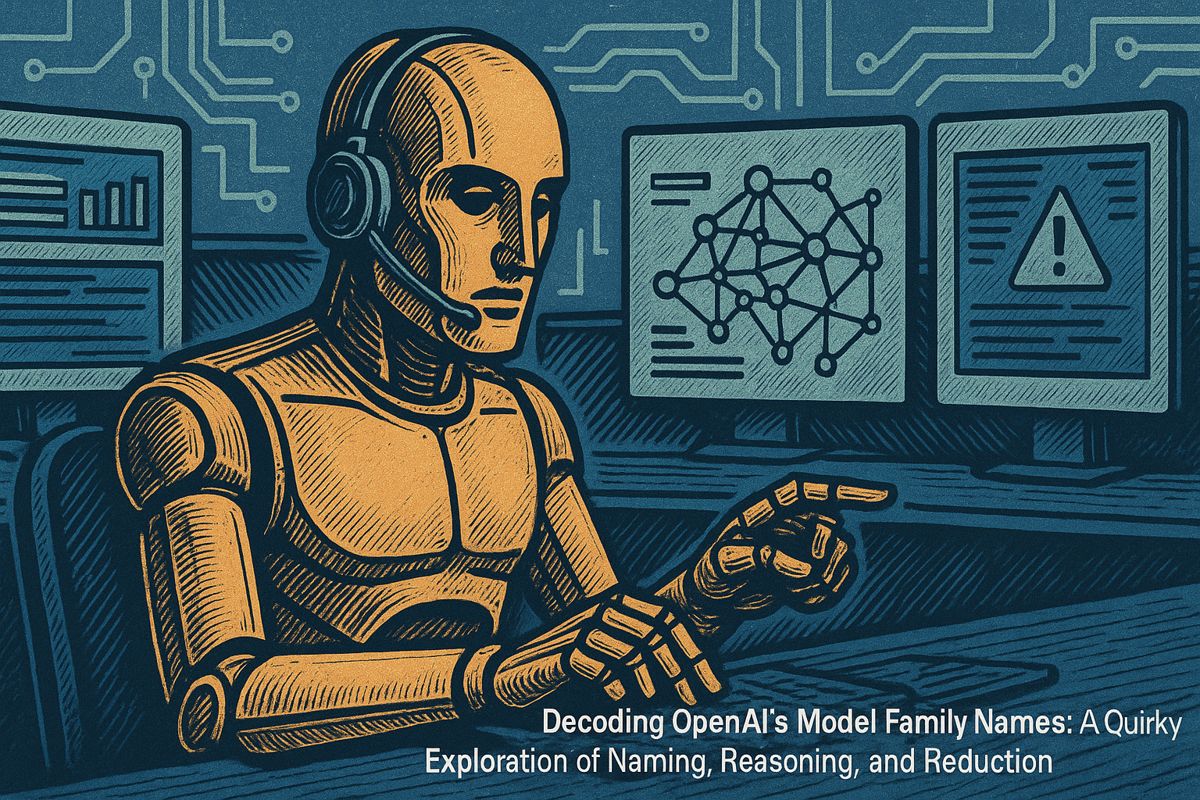AI skills are now vital for the workforce in 2025, going beyond hype to real jobs. People need hands-on experience with things like prompt engineering and using open-source models. There are simple resources like Coursera courses, YouTube bootcamps, creative prompt guides, and interactive ethical AI lessons to help anyone learn. With these tools, you can quickly build a job-winning portfolio and understand how to use AI responsibly. By practicing and sharing your work, you can stand out to employers and be ready for the future.
What are the most essential AI skills and resources for the modern workforce in 2025?
The most essential AI skills for 2025 include practical experience with prompt engineering, MLOps, responsible AI, and open-source model deployment. Top resources are Coursera AI Specialisations, Zero to Mastery Bootcamp, interactive ethical AI essays, and creative prompt collections, helping learners build job-ready portfolios and certifications.
From chatbots to codebots – five resources that turn AI promises into practice
AI stopped being a buzzword in 2025; it is now the fastest-growing skill on LinkedIn profiles, up 310 % since January, and recruiters are scanning for *practical * rather than theoretical experience. Below is a tightly-curated shortlist of five learning assets that take you from curiosity to competence – whether you’re a product manager who wants to ship an AI feature or a student aiming for an entry-level data role.
| Resource | Format & Time | What you’ll do | Who it suits |
|---|---|---|---|
| Coursera AI Specialisations | 5–8 mo, part-time | Earn industry certificates on prompt engineering, MLOps and responsible AI | Young tech workers whose roles are being reshaped by automation link |
| Zero to Mastery “Machine Learning & Data Science Bootcamp” | 30 hrs video + labs | Train, tune and deploy open-source models using only free GPUs | Self-taught learners seeking portfolio projects fast YouTube playlist |
| Behind the Curtain: What does AI owe you?* | 45-min interactive essay | Walk through real-world dilemmas – from biased hiring filters to medical chatbots – and vote on ethical trade-offs | Product managers, policy folk and curious citizens |
| Team-GPT “18 Creative Prompt Cookbook” | Downloadable prompt bank | Generate blog SEO outlines, prototype full front-end code and automate customer-support triage in under five prompts link | Marketers, founders and educators looking for quick wins |
Quick facts that matter right now
- 78 % of software juniors who used GPT-5’s coding agent mode in side-projects landed interviews at companies that previously screened for 2+ years’ experience – data from a July 2025 GitHub survey of 1 200 respondents.
- Open-source AI was declared a national priority in the July 2025 U.S. AI Action Plan, with federal agencies instructed to “prioritise the use and development of open-source models” – a first in policy history source.
- Ethical AI audits are no longer optional: any AI system touching student or patient data must now meet the *SHIFT * framework – Sustainability, Human centeredness, Inclusiveness, Fairness, Transparency – rolling out across U.S. universities this fall higher-ed guidelines.
How to sequence the journey
- Week 1: Pick a problem you face daily – summarising long reports, translating code, or drafting outreach emails. Tackle it with the 18 Creative Prompt Cookbook to feel immediate value.
- Weeks 2-4: Enrol in Coursera’s prompt-engineering micro-course (2–3 hrs/week) while experimenting inside the GPT-5 Playground; every lab builds a mini-portfolio piece.
- Month 2 onwards: Use Zero to Mastery bootcamp to train a small open-source vision model (cost: $0 on Colab) and publish results on GitHub – recruiters now filter resumes for such links.
- Anytime : Drop into the Behind the Curtain interactive essay to calibrate your sense of responsible AI – the scenarios adapt based on your choices and show how policy debates play out on the ground.
By the end of Month 3 you will not only understand AI hype; you’ll have shipped working models, earned shareable certificates and contributed to the open-source ecosystem – the exact signals the 2025 job market rewards most.
Frequently Asked Questions: From Hype to Impact – Essential AI Skills for the Modern Workforce
3.1 Which AI skills are now considered essential for every professional, even outside of tech roles?
Prompt engineering, data fluency, and ethical oversight are no longer optional.
According to the August 2025 release notes for OpenAI GPT-5, professionals who can craft precise prompts are achieving 74.9 % accuracy on real-world coding tasks using the SWE-bench Verified benchmark – an improvement of 5.8 percentage points over the previous model.
Non-technical roles are increasingly expected to understand how to frame questions, interpret AI outputs, and flag potential bias or hallucinations.
3.2 How is the U.S. government turning open-source AI into a national priority?
On July 23, 2025, the White House AI Action Plan instructed federal agencies to prioritize open-source models when procuring or developing AI systems.
The goal is to establish open-source and open-weight models as global standards, giving businesses reduced costs, faster development cycles, and the flexibility to customize solutions without vendor lock-in.
3.3 What practical steps can a beginner take today to start learning these skills?
- Take a structured course: Coursera’s AI specializations now feature GPT-5 labs and guided prompt-engineering projects.
- Use ready-made prompts: Elegant Themes lists 10 creative prompt patterns that let users automate blog outlines, marketing campaigns, and customer-service workflows in minutes.
- Join a community: open-source GitHub repos for GPT-5 coding examples welcome first-time contributors and provide real-time feedback.
3.4 How is young tech talent being affected by AI automation?
Entry-level software and content-generation tasks are being automated first.
Zero to Mastery reports that junior developers who upskill in prompt engineering and AI oversight see a 33 % faster placement rate in 2025 compared with peers who rely on legacy coding skills alone.
3.5 What new ethical responsibilities do professionals have when using AI?
The SHIFT framework (Sustainability, Human-centeredness, Inclusiveness, Fairness, Transparency) has been adopted by major healthcare and education institutions.
Users must now audit AI outputs for bias, document decision trails, and ensure transparency – especially when AI affects hiring, lending, or medical diagnoses.



















